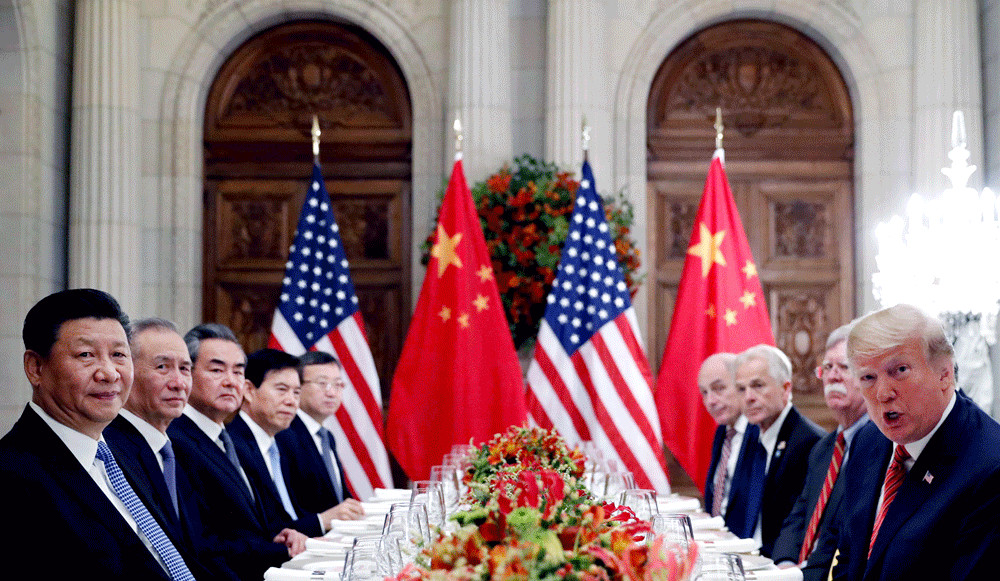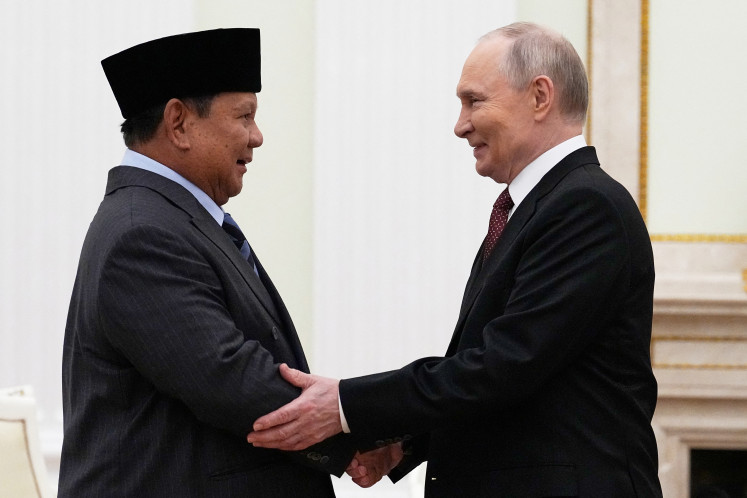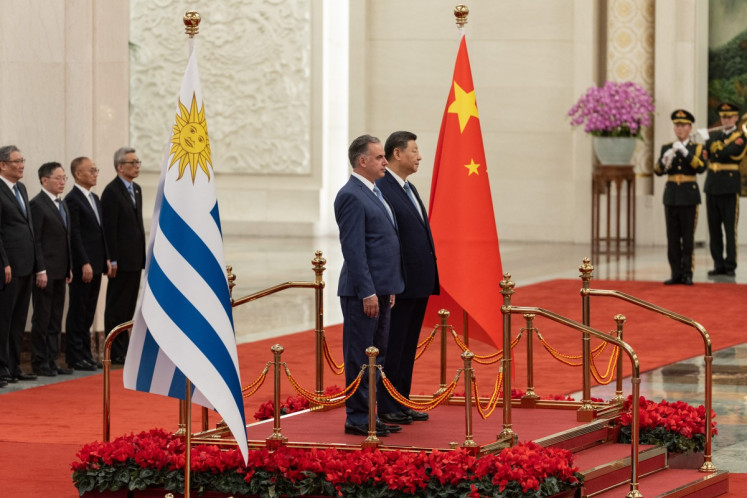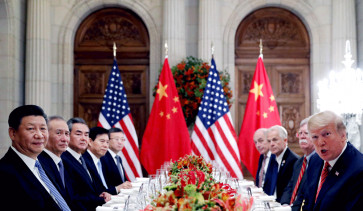Popular Reads
Top Results
Can't find what you're looking for?
View all search resultsPopular Reads
Top Results
Can't find what you're looking for?
View all search resultsPost G20: Reflections and takeaways
The 2018 G20 Summit in Buenos Aires concluded in a spirit of consensus. While some would argue that the final declaration was, to many extent, watered-down.
Change text size
Gift Premium Articles
to Anyone

The 2018 G20 Summit in Buenos Aires concluded in a spirit of consensus. While some would argue that the final declaration was, to many extent, watered-down, for many it was a better-than-nothing outcome so long as it captures the consensus on high importance including climate change, trade, refugees and migration, as well as those relatively non-contentious issues such as digitalization, development and education.
Having participated directly in the process, I would like to share some reflections. These include the working methods, the role of the summit’s leadership as well as the agenda setting.
The G20 is known to be an informal, non-binding, and consensus-based dialogue forum. It possesses no secretariat to record meeting results and their follow-ups. The accountability of the forum rests on the voluntary compliance of its members.
While such a characteristic allows for members to speak openly to each other without fearing legal consequences, it undeniably calls into question the ability of the G20 to concretely address pressing challenges. Nevertheless, a G20 Summit has been useful as an avenue that facilitates talks between leaders. For example, the trade truce between United States President Donald Trump and China’s Xi Jinping was reached during last week’s summit.


















